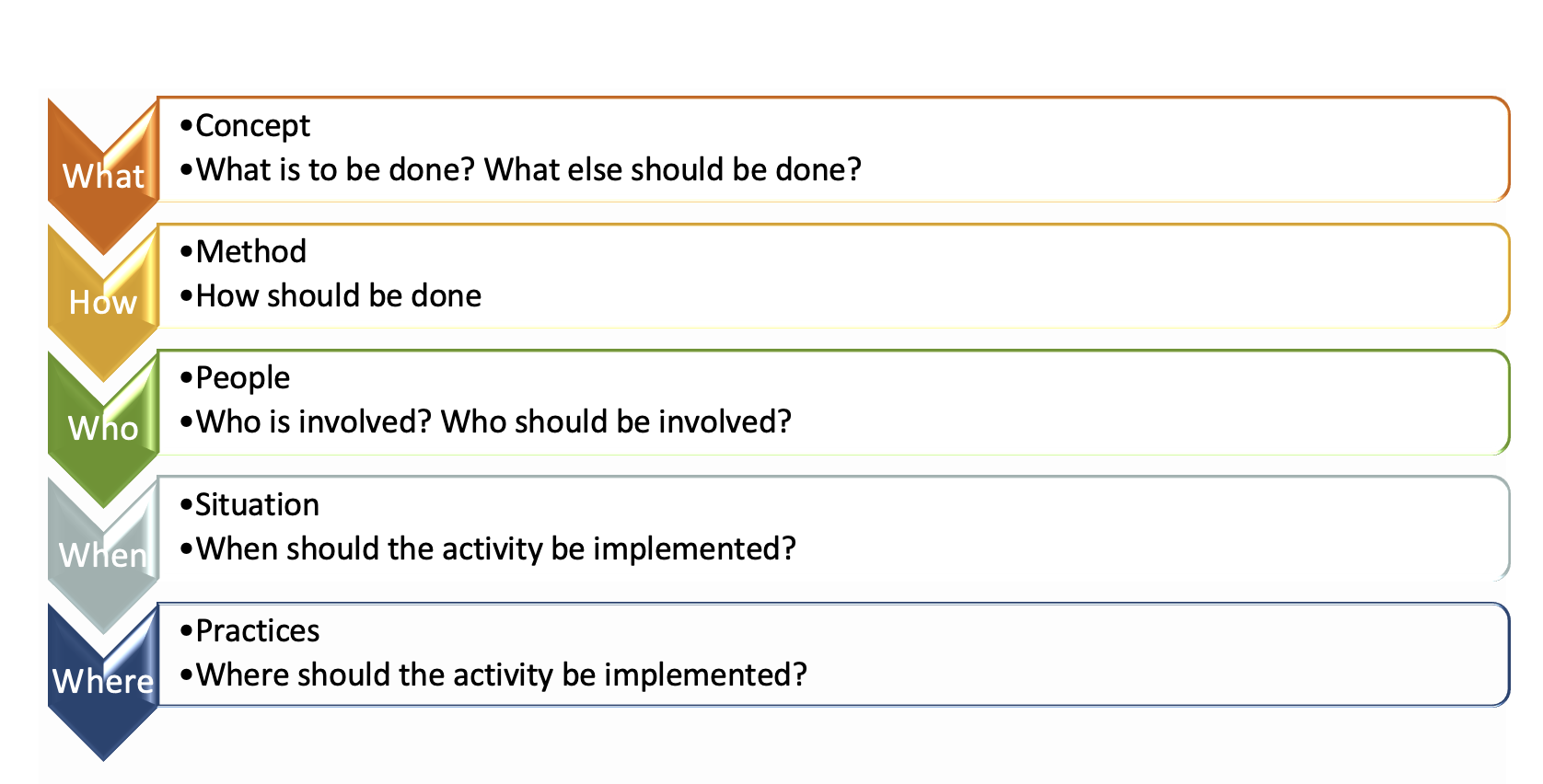- Heritage 101
- Advocacy
- Accessibility for Historic Places
- Climate & Sustainability
- Cultural Maps
- Heritage Place Conservation
- Heritage Policy & Legislation
- Homeowners
- Intangible Cultural Heritage
- Reconciliation
- Indigenous Cultural Heritage
- Setting the Bar: A Reconciliation Guide for Heritage
- 1. Heritage and Reconciliation Pledge
- 2. Acknowledging Land and People
- 3. Celebrating Days of Recognition and Commemoration
- 4. With a Commitment to Learn
- 5. Committing to Strategic Organizational Diversity
- 6. Mission-Making Room for Reconciliation
- 7. Possession, Interpretation, Repatriation and Cultural Care
- 8. Shared Decision Making
- 9. Statements of Significance and other heritage planning documents
- 10. Heritage Conservation Tools, Local Government Act
- Racism: Do Not Let the Forgetting Prevail
- Taking Action: resources for diversity and inclusion
- Webinars On-Demand
ICH Inventorying: Step 2
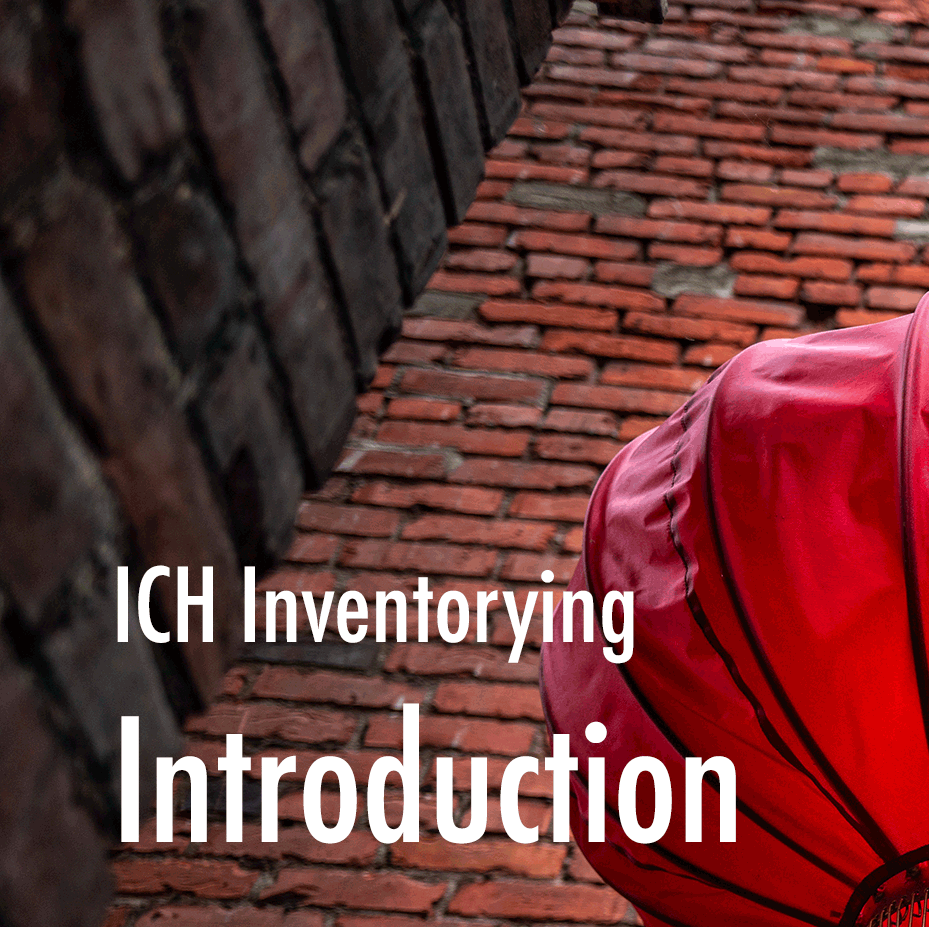 |
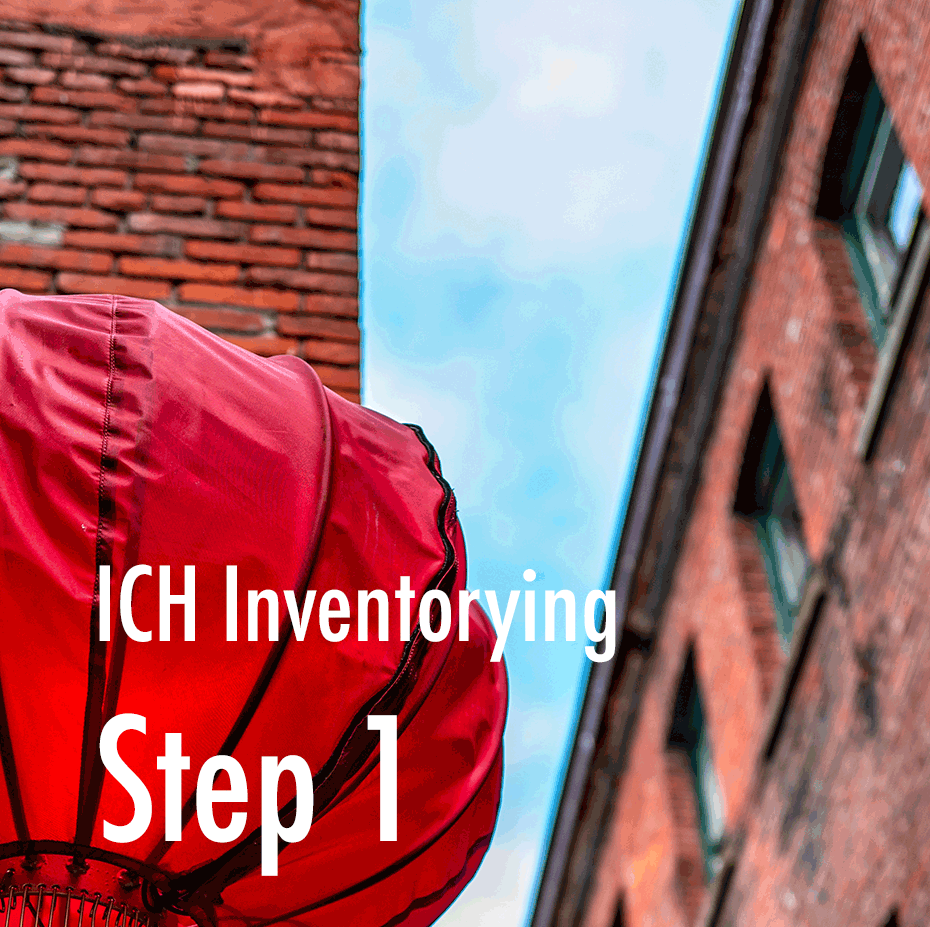 |
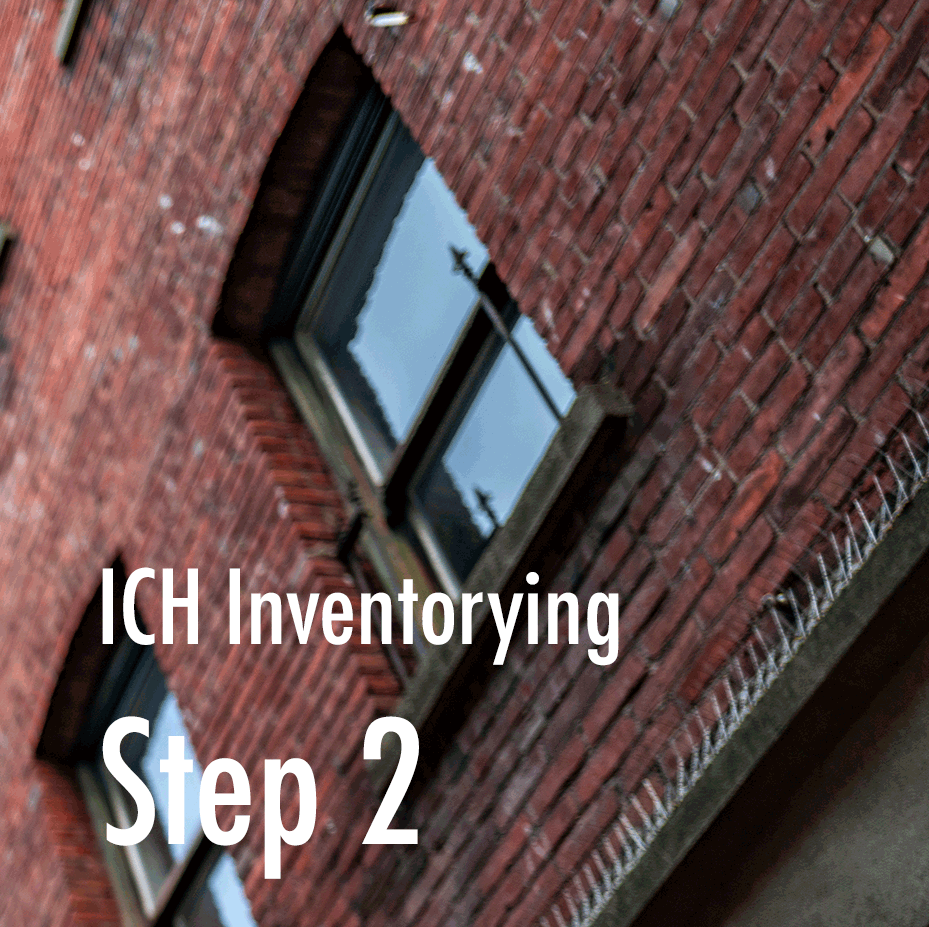 |
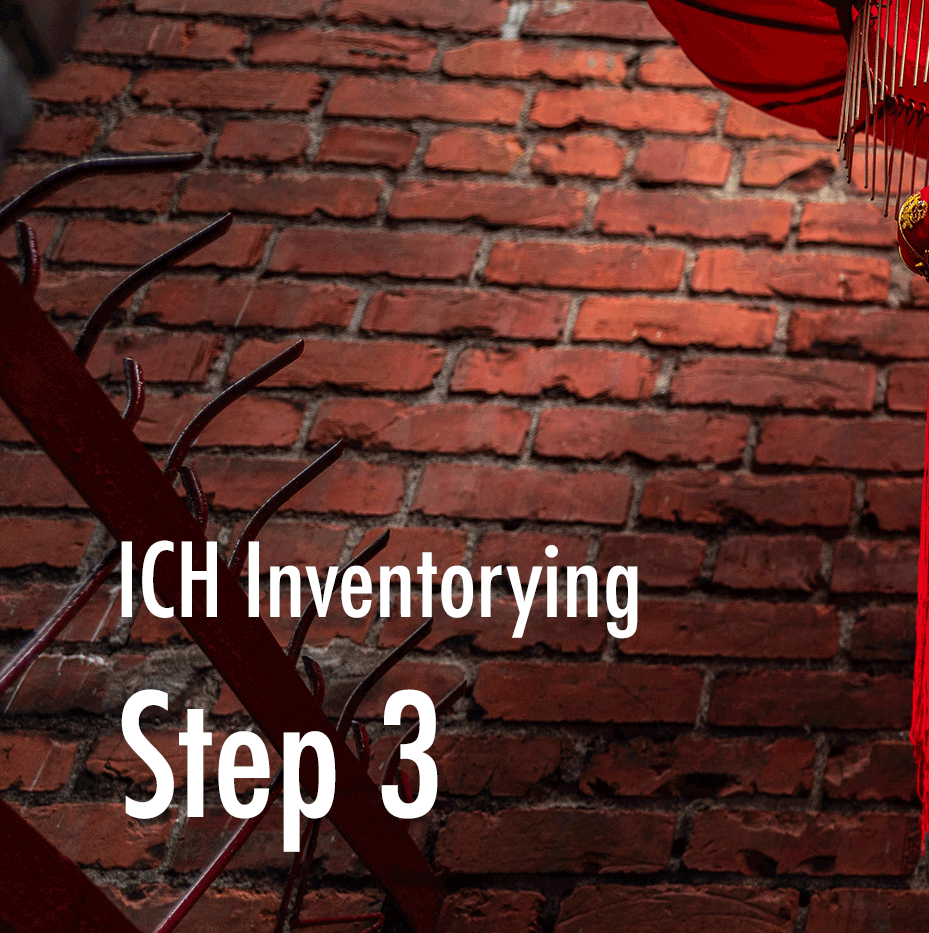 |
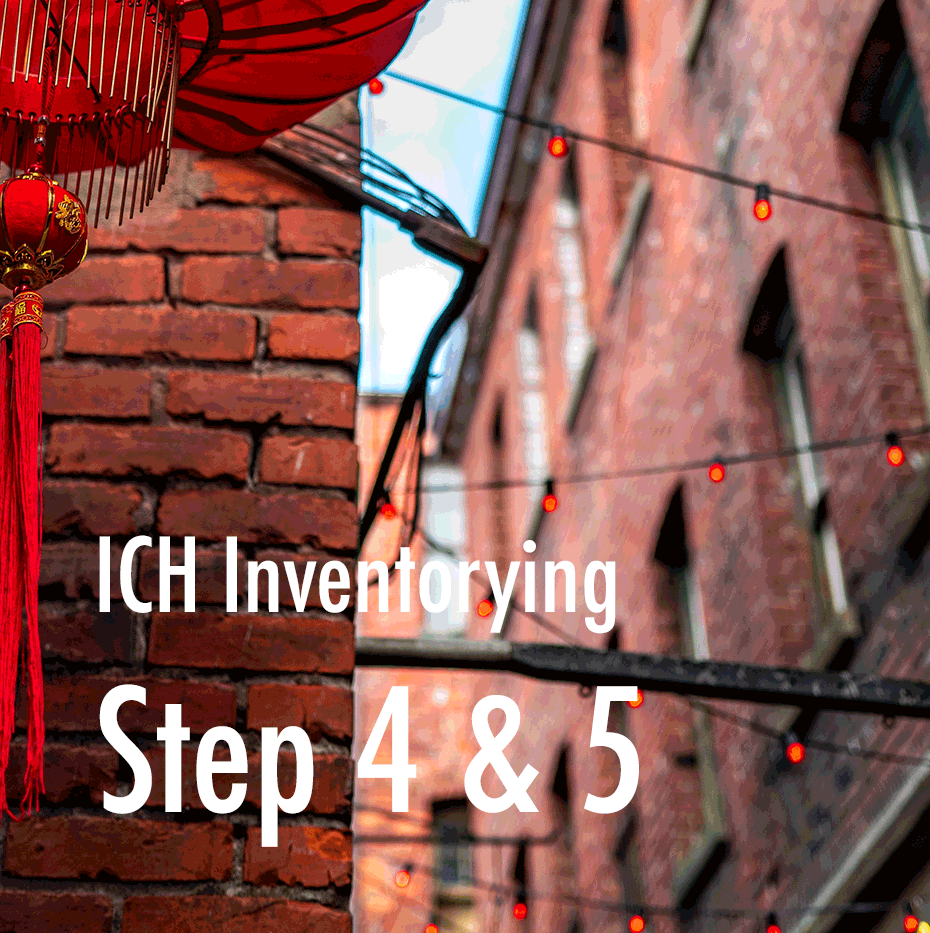 |
 |
Step 2: Planning
Before starting work, it is crucial to understand what the inventory demands at each stage of the project. This step is fundamental to the conduct of research and the completion of corresponding activities.
Planning is not a closed event but a continuum throughout the inventorying process. Therefore, the team must adopt a strategy to promote constant planning and evaluation actions in each stage of the process and for all activities. It is necessary, for instance, to plan activities during office work, field trips, community meetings and individual interviews. Each of these categories demands specific actions, resources, and time do be implemented.
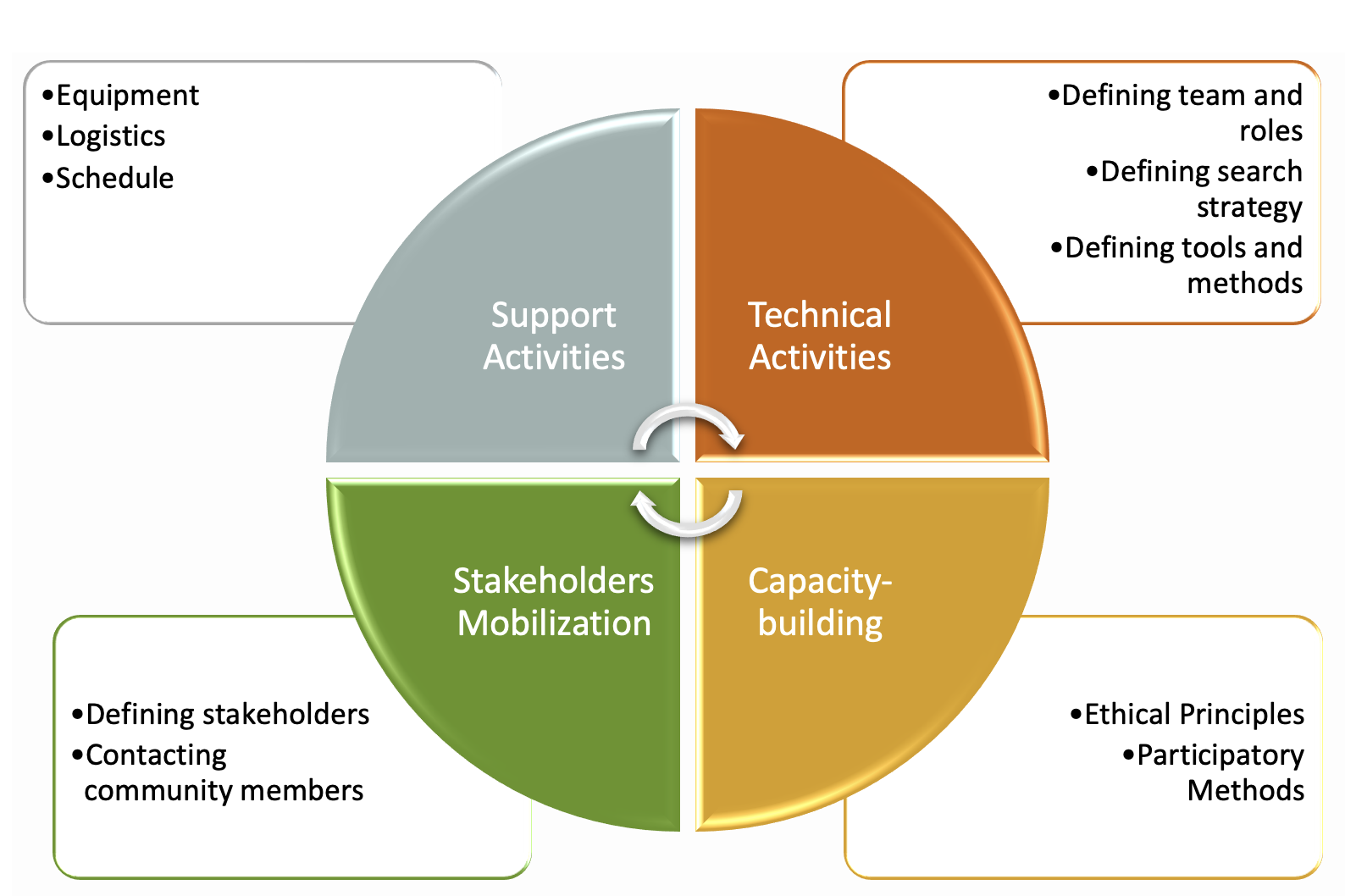
Technical activities
The technical activities are those associated with methodology, team composition, search tools, and inventorying agenda. For instance, making a list of the places where the inventory will be carried out and a list of the people to be interviewed. Other actions are to develop a detailed questionnaire and guide for the interviews and to prepare a form that systematizes information after data collection.
Capacity-building
Considering the inventorying process is an educational activity, generating a capacity-building program for team members and the general community is recommended. For the team members, this can include ways to ensure the safety of the group during the field trip, information about ethical principles and participatory methods, and even how to use a camera to record the activities.
For the community members, capacity building can include ICH safeguarding practices.
Mobilization
Regarding the stakeholders’ mobilization, it is important to mention again that the community is involved in the whole process,
Here, we talk about booking the interviews and meetings that are necessary to collect the specific data collection during the fieldtrip.
Support Activities
Support activities include taking care of the expected inputs necessary to develop the activities, such as the storage of audio-visual and written materials, and logistic.
We suggest creating a work plan for inventorying, which considers the community’s needs, the availability of human resources, and the objectives, activities, budget and time frame. It is important not to be overly ambitious and to set clear and achievable goals.
This model presents a simple and effective structure that can be adapted for different activities and situations:
